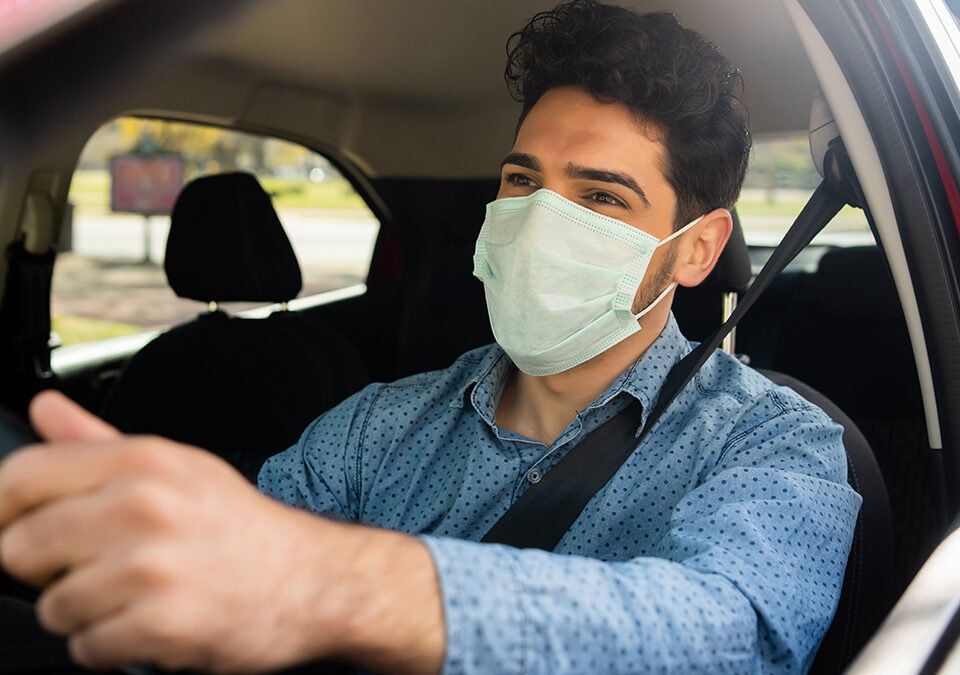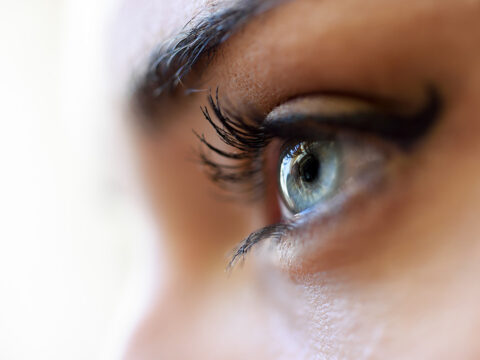
Is Frequent Urination A Sign of Diabetes?
April 28, 2021
Get Quick Relief From Diabetic Nerve Pain With These Simple Tips
April 28, 2021With COVID-19 (Coronavirus Disease-2019) being declared as a global pandemic, it is important to debunk myths, stay well informed of the facts and seek answers to tricky questions. One such question is, “Why are diabetes patients more susceptible to COVID-19?” Let us answer this question in the best way possible.
Two Possible Reasons
COVID-19 can infect individuals of all ages. The elderly population and individuals with co-morbidities or pre-existing medical conditions, such as diabetes, cardiovascular disease, chronic kidney disease and asthma, are more susceptible to becoming severely ill. When diabetics develop a viral infection like COVID-19, treatment becomes challenging because of fluctuations in blood sugar levels and may be due to the presence of complications associated with diabetes. There could be two reasons for this. First, an individual’s immunity is compromised, which makes it hard to combat the virus, leading to a much longer period for recovery. Second, the virus may find it easy to thrive in an environment of high blood glucose [1].
According to the Centers for Disease Control and Prevention (CDC), individuals with type 2 diabetes possess a higher risk of severe illness resulting from COVID-19. Available evidence suggests this fact. Individuals with type 1 diabetes or gestational diabetes, too, have an increased risk; however, the data is not so conclusive. Diabetes is known to keep the human body in a state of inflammation, although at a low level. This makes its healing response to infections slower. High blood glucose levels in combination with a persistent inflammation state make it much harder for diabetics to recover from diseases such as COVID-19 [2].
Correlation Between Diabetic Complications And COVID-19
Early studies indicate that nearly 25% of individuals who were admitted to hospitals with severe infection had diabetes. What’s worse, those with diabetes were at a greater risk to have acute complications and eventually dying from COVID-19. The reason for this phenomenon is that high blood glucose weakens the body’s immune system, decreasing its capacity to ward off infections [3].
If you do get infected with COVID-19, the disease could increase your risk for diabetic complications such as diabetic ketoacidosis (DKA). DKA occurs when extremely high levels of acids that are known as ketones build up steadily in the blood. DKA can be extremely serious [3].
Some individuals who get infected with COVID-19 have an extremely dangerous body-wise response to it, which is called sepsis. To effectively treat sepsis, doctors must manage the levels of fluid and electrolytes in your body. DKA causes a loss of electrolytes, making it hard to control sepsis [3].
COVID-19 And Diabetes
There is not enough evidence to suggest that individuals with diabetes are more likely to get infected with COVID-19 in comparison with the general population. The problem that diabetics face is that they are more likely to have severe complications if they catch the virus. Viral infections, including COVID-19, can increase inflammation or internal swelling in individuals with diabetes. This may also be caused by abnormally high blood sugar levels, and the subsequent inflammation could lead to more severe complications [4].
The Last Word
Every individual must be careful and cautious when it comes to preventing a COVID-19 infection. If you have diabetes (type 1 or type 2), you need to exercise greater caution. In the case of diabetics, your risk of getting infected is not higher than anyone else’s. That said, you could experience worse complications if you catch the virus. This is truer when your diabetes is not well controlled. To reduce the chances of getting infected with COVID-19, you need to distance yourself physically from others, practice good hand hygiene, and keep your blood glucose levels under control [3].
References Link:
- https://www.idf.org/aboutdiabetes/what-is-diabetes/covid-19-and-diabetes/1-covid-19-and-diabetes.html
- https://www.medicalnewstoday.com/articles/covid-19-and-diabetes#types
- https://www.webmd.com/diabetes/diabetes-and-coronavirus
- https://www.diabetes.org/coronavirus-covid-19/how-coronavirus-impacts-people-with-diabetes




